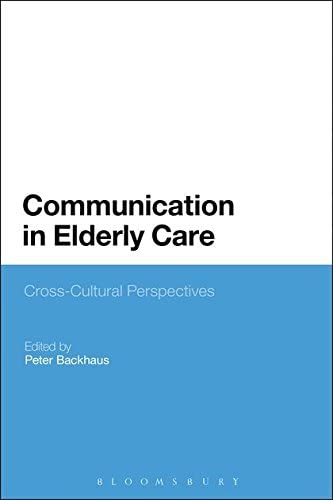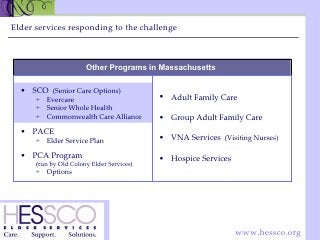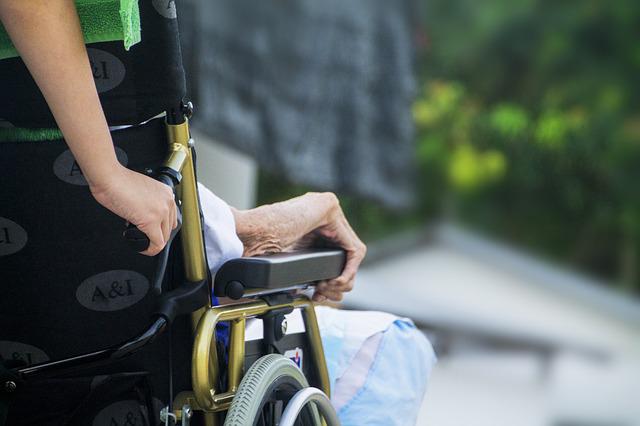
With the growing elderly population comes a great deal of responsibility, and that includes taking care of the family elderly. The complexity of the topic is not without merit. However, it is worth discussing the fact that people live longer than ever before. Whether the aging population should be cared for by the family or by a professional organization is another question. These are some things to consider when planning your family's elderly care. Here are some suggestions that may help.
The Issues
Families caregivers can face many problems and disagreements when caring for parents. Conflicts can arise about financial burden, effort contributions and living arrangements. You may find yourself in situations that require professional assistance, despite your best efforts to avoid conflict. There are several ways to avoid conflicts like these. To begin with, it is important to be sympathetic to the financial and emotional positions of your siblings. If possible, try and make peace between the two of you.

Analyzing content
This article describes the content analysis process for a website for family elderly care. Family caregivers provided care at home to chronically ill patients. The study was done in Tabriz Iran in 2018. Participants were selected through a deliberate sampling process. Participants were drawn from various socioeconomic classes, ages, genders, and countries. The researchers used content analysis in order to find overarching themes from the responses.
Effect of bargaining strength
The effect of bargaining power on family elderly care is a common problem, as it can either promote or hinder employment for married women. This study used instrumental variables as a control for endogeneity. We compared male- and female bargaining ability. The reason women had higher bargaining power than men was that they were more educated. Married women had higher bargaining powers than men. This could be because of the increasing burden of elderly care.
Impact on women's job prospects
A growing number of women are taking on additional care responsibilities. They are less productive and may be overlooked for promotions or furloughed due to these additional responsibilities. Their lifetime incomes and pensions can be negatively affected by additional caregiving responsibilities. Sophie Walker, leader of the Women's Equality Party in the United Kingdom, highlighted the negative impact this old pattern for family elder care on women's employment.

Impact on children’s time allocation
The implicit punishment for children for not taking care of their elderly parents is increasing. Different bargaining power and preferences for resource allocation influence redistribution of family assets. This article investigates the impact of family elderly care on children's time allocation and employment, particularly for married women. We employ panel data and estimate of simultaneous equations in order to study the impact of family caregivers on children's time allocation.